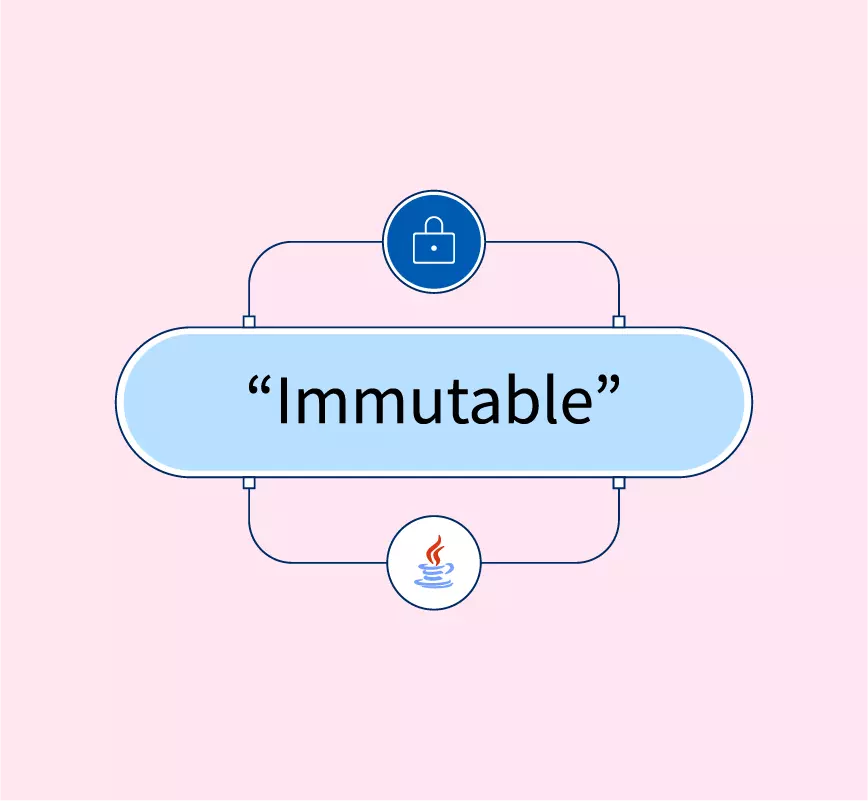Why Are Strings Immutable in Java? Recognizing the Core Concepts
Why Are Strings Immutable in Java? Recognizing the Core Concepts
Blog Article
What Is Immutable Strings and Just How It Functions
In the world of programs, comprehending the concept of unalterable strings is critical for producing protected and robust applications. Unalterable strings describe strings that can not be modified after they are produced, making certain data stability and predictability within the code. This essential concept plays an essential role in various shows languages and offers a distinct approach to handling data. By exploring the ins and outs of just how unalterable strings function, one can discover a globe of advantages and opportunities that can raise the high quality and efficiency of software program development.
The Basics of Unalterable Strings
Unalterable strings, as an essential idea in programs, are character sequences that can not be altered when they are produced. This indicates that once a string is designated a worth, that value can not be modified. In languages like Python and Java, strings are immutable items, causing different implications in regards to memory administration and information integrity.
One of the crucial advantages of immutable strings is that they offer a feeling of security in information adjustment. Because the content of an unalterable string can not be changed, it makes certain that the original data continues to be intact, reducing the risk of unintentional changes during program execution (Why are strings immutable in Java?). This property also streamlines debugging procedures, as designers can trust that as soon as a string is specified, its worth will certainly not be inadvertently altered
When a brand-new string is produced based on an existing one, instead than modifying the initial string, the brand-new worth is kept independently. In general, comprehending the essentials of immutable strings is vital for grasping shows concepts and optimizing code efficiency.
Advantages of Immutable Strings
Building upon the safety and efficiency advantages of unalterable strings, their benefits extend to enhancing code reliability and simplifying concurrent programming jobs. By being unalterable, strings can not be modified after development, which eliminates the danger of unexpected adjustments in the information they keep. This intrinsic immutability guarantees that when a string is developed, its worth continues to be consistent throughout the program's implementation, decreasing the possibilities of bugs brought on by unforeseen changes.
Furthermore, unalterable strings add to code dependability by making it easier to reason about the state of a program. Given that strings can not be altered, programmers can trust that a string will always hold the exact same value, streamlining debugging and maintenance initiatives. This predictability results in a lot more secure and trustworthy codebases.

Application in Programs Languages
Within numerous programming languages, the consolidation of unalterable strings is a fundamental facet that influences how information is handled and manipulated within code structures. The application of unalterable strings varies throughout various programming languages, with each language supplying its own systems to support this idea.

In contrast, languages like C and C++ do not have built-in support for immutable strings. Developers in these languages must manually apply immutability by applying regulations within their code to avoid straight alterations to string objects.
Finest Practices for Dealing With Immutable Strings
When dealing with immutable strings in programming languages like Java and Python, sticking to ideal techniques guarantees efficient and safe and secure information adjustment. Among the essential best techniques is to use StringBuilder or StringBuffer as opposed to directly adjusting strings, specifically when handling considerable concatenation procedures. These courses give mutable options for string control, aiding to stay clear of unnecessary memory allowances and enhancing efficiency.
Additionally, when working with delicate information such as passwords or API keys, it is vital to prevent storing them as plain text in immutable strings. Utilizing safe and secure storage space systems like char ranges or specialized collections for handling delicate info aids minimize safety and security risks associated with immutable strings.
Real-world Applications and Instances
Discovering functional executions of immutable strings in numerous industries reveals their significant influence visit the website on information stability and system reliability. In the medical care market, immutable strings play a crucial role in ensuring the safety and privacy of client data. By stopping unauthorized adjustments to sensitive details such as clinical records and prescriptions, immutable strings help maintain conformity with rigorous personal privacy policies like HIPAA.
Banks also profit from the immutable nature of strings to enhance the security of customer information and transaction records. Unalterable strings aid avoid scams and unapproved modifications to economic info, providing a durable protection against cyber threats and making certain the depend on and self-confidence of customers.

Conclusion
Finally, unalterable strings are repaired and unchangeable sequences of characters that offer benefits such as string safety and security and boosted efficiency in programs. They are carried out in various programming other languages to guarantee data stability and safety. Ideal methods for working with unalterable strings include avoiding straight alterations and using techniques that return new string things. Real-world applications of unalterable strings include information encryption, caching, and string manipulation tasks.
Unalterable strings refer to strings that can not be altered after they are developed, making sure data integrity and predictability within the code. When a brand-new string is produced based on an existing one, rather than modifying the initial string, the new value is stored independently.In languages like Java and Python, strings are unalterable by default, meaning that when a string object is produced, its worth can not be transformed - Why are strings immutable in Java?. Ideal practices for working with immutable strings consist of avoiding straight modifications and making use of techniques that return brand-new string items. Real-world applications of unalterable strings consist of information security, caching, and string manipulation tasks
Report this page